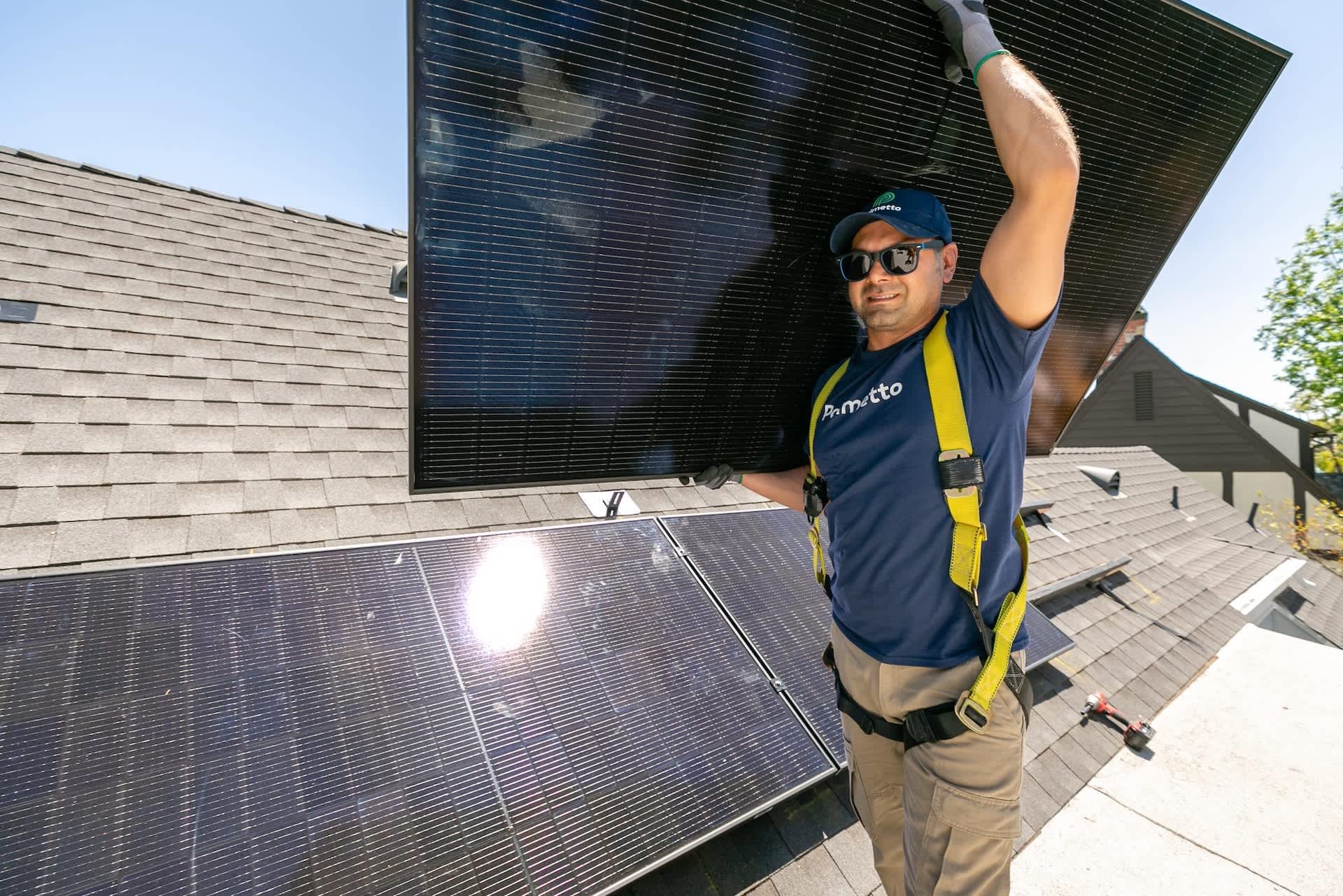A recent video posted to TikTok displayed a case of massive food waste at a Staten Island Target.
Posted by a user named Christina (@nycrealestatedarling), the video shows several aisles' worth of coolers cordoned off with yellow caution tape, with a Khloe Kardashian fan meme audio track used to underscore what the poster calls a lack of compassion for those in need by letting the food go to waste.
@nycrealestatedarling This is not cool. All this needs to get thrown out apparently. Who could be so stupid?! @target #targetfinds #target #targethaul #wastedfood #unacceptable #statenisland ♬ HAVE SOME COMPASSION - Khloe Kardashian fan
"When the entire Staten Island Target refrigeration, meat, and produce section is closed down and needs to get thrown out because someone 'turned off the refrigerators' last night … " Christina wrote.
Although some commenters were quick to point out that Target can afford to throw away food, Christina clarified that that was not the point of the video.
"I just hate to see all the wasted meat and such," she wrote.
In some situations when stores are forced to get rid of perishable food due to a power outage, that food was distributed to people before it went bad. In North Little Rock, Arkansas, a food bank was able to save and distribute more than 60,000 meals from a Kroger that lost power.
Can't afford solar panels? Here's how to get them without paying for purchase or installation Palmetto's revolutionary LightReach program gives you all the benefits of solar power without the upfront costs. LightReach lets you lease solar panels with no money down, making it easier than ever to lock in energy savings. Palmetto assumes all risk and responsibility for the panels you lease, which means you'll get reliable performance without unforeseen costs. To get started, just answer a few basic questions about your home and learn how much you can save. Learn more → |
In Baton Rouge, Louisiana, Trader Joe's gave out food for free after its refrigerators stopped working.
However, in both of those cases, the food was distributed before it reached a temperature where giving it away would have created a liability for the stores. In most cases when food stores lose power, they are prevented from giving the food away due to company policy, as the companies are afraid of getting sued by someone who eats spoiled food.
Responding to that line of thinking, one commenter on the video said they "would sign a waiver to take a cartful home no lie."
One possible solution to this problem is for stores to have backup generators to save food in the event of a power outage or more safeguards in place that would prevent an employee from simply "turning off the refrigerators" overnight.
TCD Picks » Quince Spotlight

Even without huge blunders like turning off a refrigerator, grocery stores in the United States create a massive amount of food waste. According to Recycle Track Systems, the U.S. discards more food than any other country — 120 billion pounds per year — and between 30% to 40% of the entire food supply in the U.S. ends up in the trash.
Even worse, 34 million Americans, including 9 million Americans, face hunger. Considering how much food ends up in landfills, it's not that there isn't enough food to go around — it's that the existing food isn't getting to the people who need it most. Averting and managing massive food spoilage events like the one this Target experienced can help to combat this problem.
Join our free newsletter for easy tips to save more, waste less, and help yourself while helping the planet.












